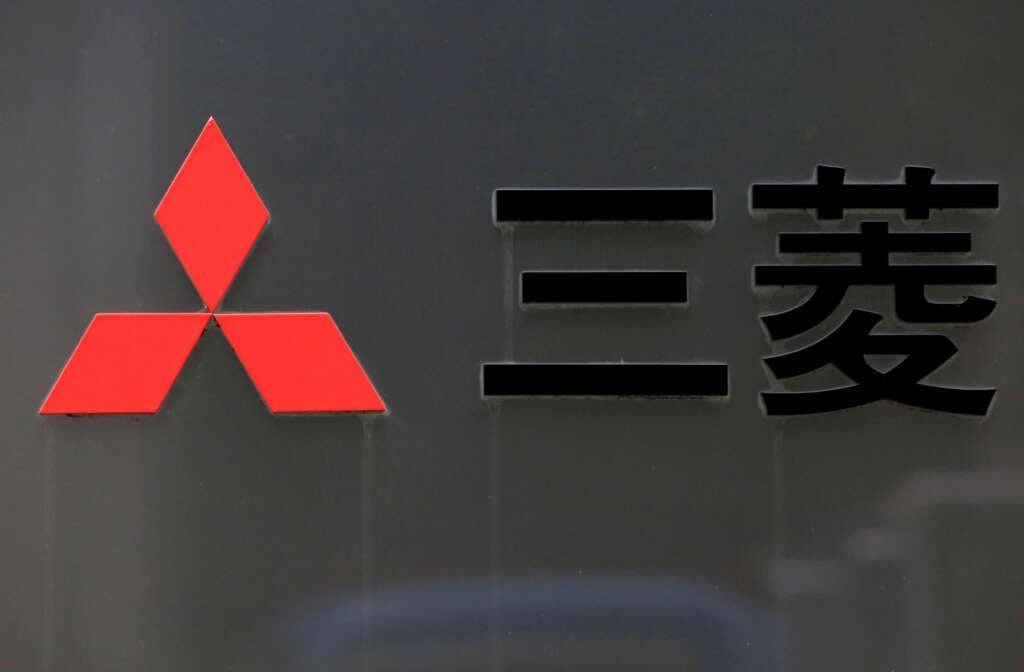
Mitsubishi sees no Sakhalin-2 LNG operational issues after Shell exit
TOKYO (Reuters) – Japan’s Mitsubishi Corp expects no operational problems at the Sakhalin-2 liquefied natural gas (LNG) project in Russia’s Far East, including maintenance, even without Shell, its chief executive said on Friday.
“We see a low probability of significant disruption to the Sakhalin-2 operation including maintenance at the moment,” CEO Katsuya Nakanishi told an annual general meeting, when asked about the impact of Shell leaving the project.
Japanese trading companies Mitsubishi and Mitsui & Co retained their 22.5% combined stakes in Sakhalin-2 after the Kremlin ordered the establishment of a new local operator in retaliation for Western sanctions imposed on Moscow after it sent troops into Ukraine last year.
Shell, however, quit Sakhalin-2 as one of many Western firms that pulled out of Russia.
In April, the Russian government approved the sale of Shell’s 27.5% stake to local natural gas producer Novatek.
“We have had a great deal of internal debate about what to do with Sakhalin-2, including from the perspective of Japan’s energy security,” Nakanishi said, adding that the company plans to keep cooperating with its project partners.
Japan receives 9% of its imported LNG from Sakhalin-2.
Nakanishi declined to comment on how much the project contributes to Mitsubishi’s profit.
A senior executive at Mitsui said earlier this week that the trading house has no plans to withdraw from Sakhalin-2.
Just like last year, Mitsubishi faced resolutions from activist shareholders urging greater commitment to tackling climate change at the annual meeting, but the proposals were voted down again.
Shareholder activism on climate change has been gaining momentum in Japan since around 2020 as institutional investors are increasingly pressing companies to do more to fight global warming.
(Reporting by Yuka Obayashi; editing by Jason Neely)


